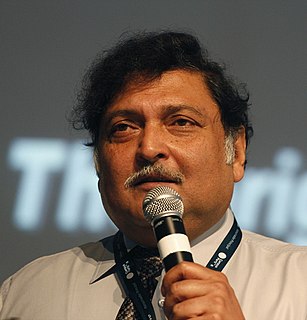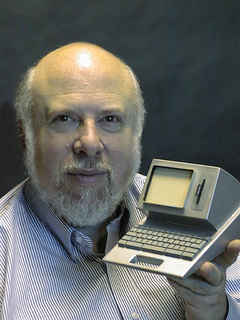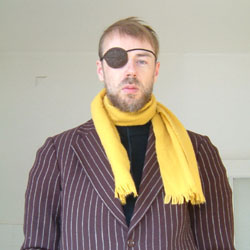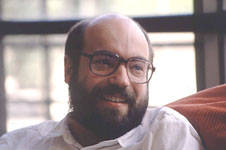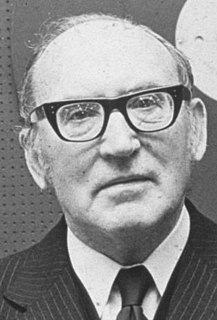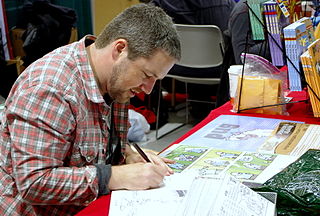A Quote by Sugata Mitra
My wish is that we design the future of learning. We don't want to be spare parts for a great human computer.
Related Quotes
My wish is to help design the future of learning by supporting children all over the world to tap into their innate sense of wonder and work together. Help me build the School in the Cloud, a learning lab in India, where children can embark on intellectual adventures by engaging and connecting with information and mentoring online. I also invite you, wherever you are, to create your own miniature child-driven learning environments and share your discoveries.
You have a great body. It is an intricate piece of technology and a sophisticated super-computer. It runs on peanuts and even regenerates itself. Your relationship with your body is one of the most important relationships you'll ever have. And since repairs are expensive and spare parts are hard to come by, it pays to make that relationship good.
I am confident that we can do better than GUIs because the basic problem with them (and with the Linux and Unix interfaces) is that they ask a human being to do things that we know experimentally humans cannot do well. The question I asked myself is, given everything we know about how the human mind works, could we design a computer and computer software so that we can work with the least confusion and greatest efficiency?
For thirty years most interface design, and most comptuer design, has been headed down the path of the "dramatic" machine. Its highest idea is to make a computer so exciting, so wonderful, so interesting, that we never want to be without it. A less-traveled path I call the "invisible"; its highest idea is to make a computer so imbedded, so fitting, so natural, that we use it without even thinking about it.
In the judgment of design engineers, the ordinary means of communicating with a computer are entirely inadequate. [...] Graphical communication in some form or other is of vital importance in engineering as that subject is now conducted; we must either provide the capability in our computer systems, or take on the impossible task of training up a future race of engineers conditioned to think in a different way.
You wish to be great, begin from the least. You are thinking to construct some mighty fabric in height; first think of the foundation of humility. And how great soever a mass of building one may wish and design to place above it, the greater the building is to be, the deeper does he dig his foundation.
The world is not yet finished, but everyone is behaving as if everything was known. This is not true. In fact, the computer world as we know it is based upon one tradition that has been waddling along for the last fifty years, growing in size and ungainliness, and is essentially defining the way we do everything. My view is that today’s computer world is based on techie misunderstandings of human thought and human life. And the imposition of inappropriate structures throughout the computer is the imposition of inappropriate structures on the things we want to do in the human world.
